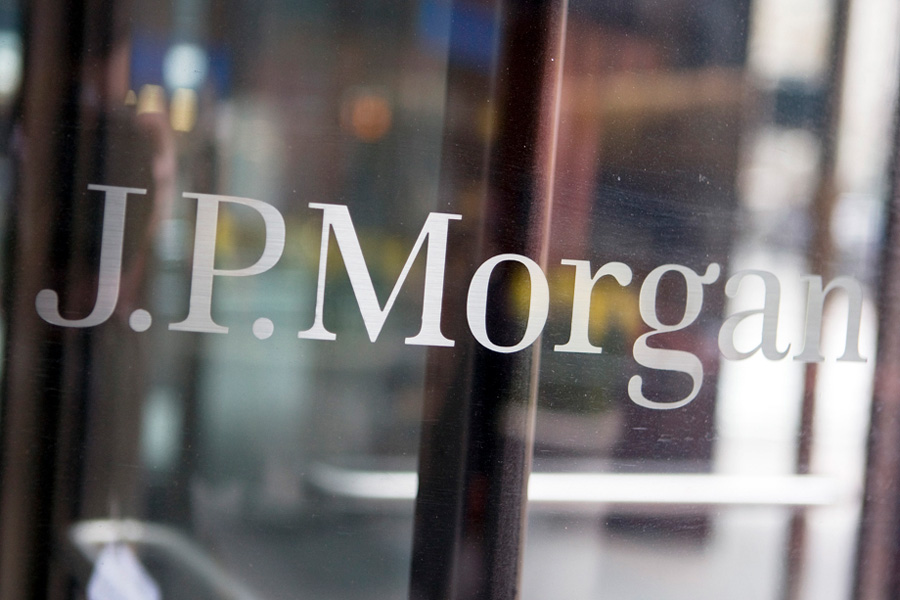

The JPMorgan Chase & Co. $125 million settlement with the Securities and Exchange Commission for failing to keep track of its employees’ communications over email and messaging apps may be a sign of trouble that many firms are experiencing in keeping pace with new technologies.
In an order released Friday, the SEC said that from January 2018 through November 2020, employees of J.P. Morgan Securities, a broker-dealer subsidiary of JPMorgan Chase, often communicated about business on their personal devices, using text messaging applications, such as WhatsApp, and personal email.
But the firm did not preserve the written communications, a violation of securities laws. Its deficient record keeping hampered several SEC investigations, the agency said.
“As technology changes, it’s even more important that registrants ensure that their communications are appropriately recorded and are not conducted outside of official channels in order to avoid market oversight,” SEC Chairman Gary Gensler said in a statement. “Books-and-records obligations help the SEC conduct its important examinations and enforcement work. They build trust in our system. Ultimately, everybody should play by the same rules, and today’s charges signal that we will continue to hold market participants accountable for violating our time-tested recordkeeping requirements.”
The Commodity Futures Trading Commission on Friday imposed a $75 million penalty on JP Morgan for similar violations involving the preservation of written communications.
JP Morgan admitted the SEC’s findings and acknowledged its conduct was unlawful, according to the SEC order. A firm spokesperson declined to comment.
Before the SEC announced the settlement, the broker-dealer improved its policies and procedures, increased training related to approved communications methods and changed the technology available to employees, according to the SEC order.
As a result of its findings, “the SEC has commenced additional investigations of record preservation practices at financial firms,” the agency said in a statement.
The troubles with widespread use of text messaging and email on personal devices are likely rampant in the financial services industry, said Kurt Wolfe, counsel at Quinn Emanuel Urquhart & Sullivan.
“People are adopting new messaging apps and technologies faster than firms can react,” Wolfe said. “This could just be the beginning of a reckoning. [Firms] need to make sure their compliance systems are built to cover these applications.”
SEC Enforcement Director Gurbir Grewal told the financial industry to shore up its books-and-records compliance.
“We encourage registrants to not only scrutinize their document preservation processes and self-report failures such as those outlined in today’s action before we identify them, but to also consider the types of policies and procedures JPMorgan implemented to redress its failures in this case,” Grewal said in a statement.
The problem at JPMorgan was not isolated but rather “involved employees at all levels of authority,” the SEC order states. “[S]upervisors — i.e., the very people responsible for supervising employees to prevent this misconduct — routinely communicated using their personal devices.”
For instance, executives on a high-grade credit trading desk established a WhatsApp chat group in April 2019 and invited 19 members of the desk to join. Over the next eight months, members of the group sent 1,100 messages among themselves about investment strategy, client meetings and market trends.
In addition, from November 2019 to November 2020, a JPMorgan executive director on the capital markets desk texted with hundreds of colleagues as well as dozens of customers, clients, markets participants and others.
The amount of the settlement likely will catch the industry’s attention. It may indicate the direction the SEC is taking on enforcement under Gensler, Wolfe said.
“We’ve heard a lot of tough rhetoric from Chair Gensler and Director Grewal,” Wolfe said. “This settlement certainly sends a signal that they’re willing and ready to back up that tough talk.”

A new proposal could end the ban on promoting client reviews in states like California and Connecticut, giving state-registered advisors a level playing field with their SEC-registered peers.

Morningstar research data show improved retirement trajectories for self-directors and allocators placed in managed accounts.

Some in the industry say that more UBS financial advisors this year will be heading for the exits.

The Wall Street giant has blasted data middlemen as digital freeloaders, but tech firms and consumer advocates are pushing back.

Research reveals a 4% year-on-year increase in expenses that one in five Americans, including one-quarter of Gen Xers, say they have not planned for.
Orion's Tom Wilson on delivering coordinated, high-touch service in a world where returns alone no longer set you apart.
Barely a decade old, registered index-linked annuities have quickly surged in popularity, thanks to their unique blend of protection and growth potential—an appealing option for investors looking to chart a steadier course through today's choppy market waters, says Myles Lambert, Brighthouse Financial.
